Mystery Falmouth WW1 mine-sweeper wreck site found
- Published
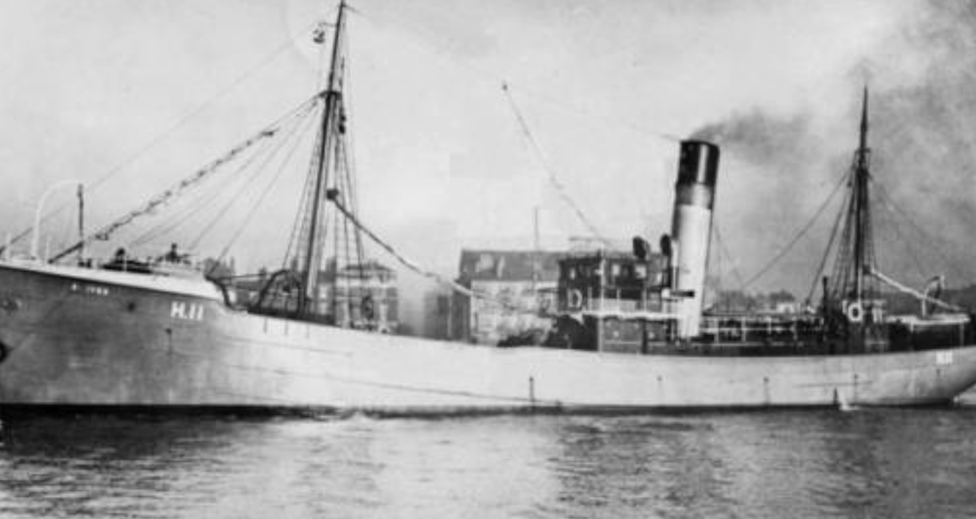
The St Ives was among about 400 trawlers that were used for mine-sweeping
After a two-year search, divers have found a trawler that sank with the loss of 11 men while mine-sweeping off Cornwall in World War One.
The St Ives hit a mine and sank in Falmouth Bay in December 1916 but the site of the wreck had been a mystery.
Diver Mark Milburn and historian Dave Gibbins scoured original telegrams and old government records to find the wreck.
They found the wreck about two miles south west of St Anthony.
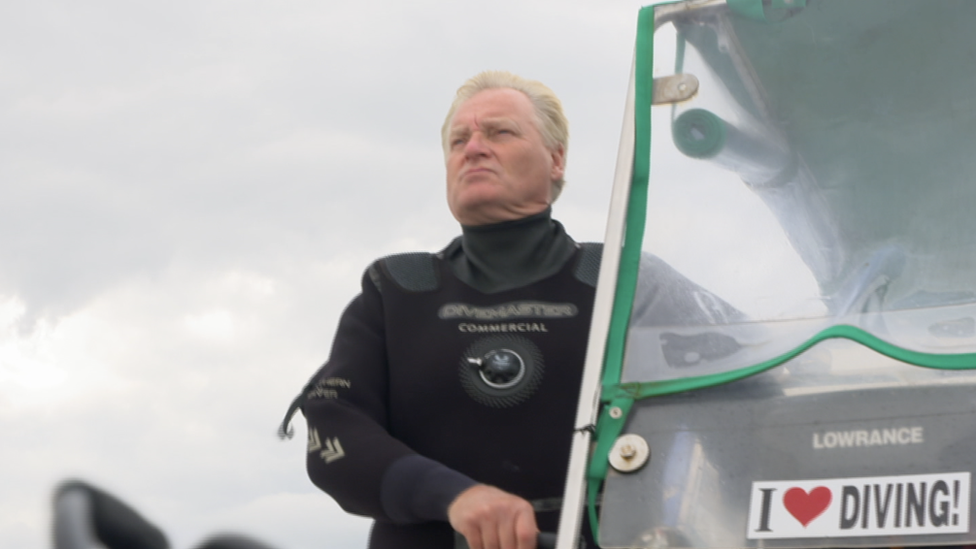
Mark Milburn: "This is one of the last World War One wrecks that were undiscovered in Falmouth and it's nice to have that complete"
Decades of tides, corrosion, silt and marine life have taken their toll on the site but the sighting of a steam boiler confirmed the discovery.
Tell-tale holes indicated it was the same boiler used on the St Ives.
The wreckage was particularly hard to find because it was buried under the remains of another vessel.
The Caroni River was an oil tanker that struck a mine during World War Two, 24 years later, and covered the St Ives on the sea bed.
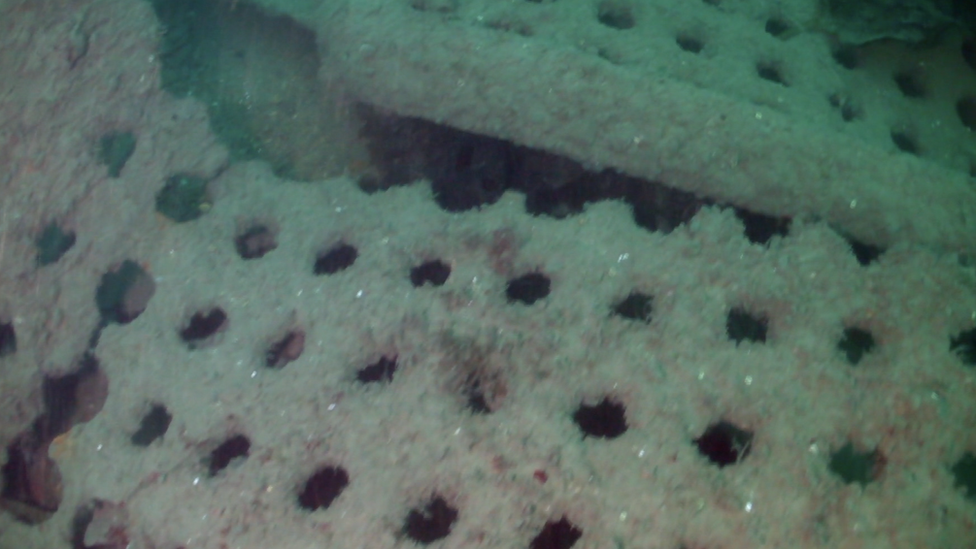
The tell-tale holes indicated that it was the same boiler as used on the St Ives
Mr Milburn said: "It's important to me because it's a lost wreck and 11 people died in the service of their country.
"This is one of the last World War One wrecks that were undiscovered in Falmouth and it's nice to have that complete.
"I'm so glad we found it at last."
The men who died in the St Ives explosion included Royal Navy Volunteer Reserves Joseph Denton and Horace Farey.
Enginemen Robert Scott and Arthur Storey also died, along with Trimmer Cook Albert Prout.
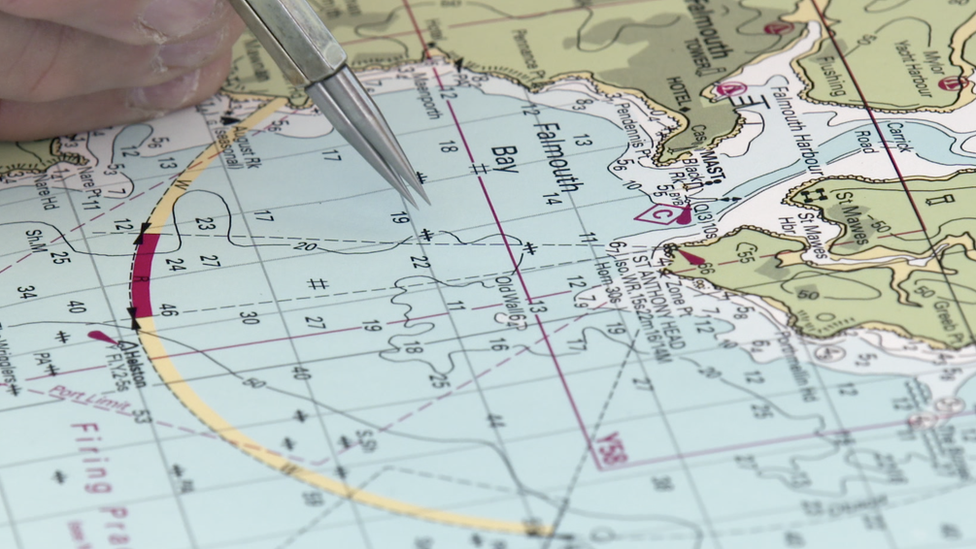
The site was pin-pointed to a spot off St Anthony
German U-Boats had laid mines around Falmouth, which was a vital deep water port and in a strategic position for ships navigating Atlantic trade routes.
The St Ives was one of about 400 trawlers used as minesweepers because their crews knew local waters.
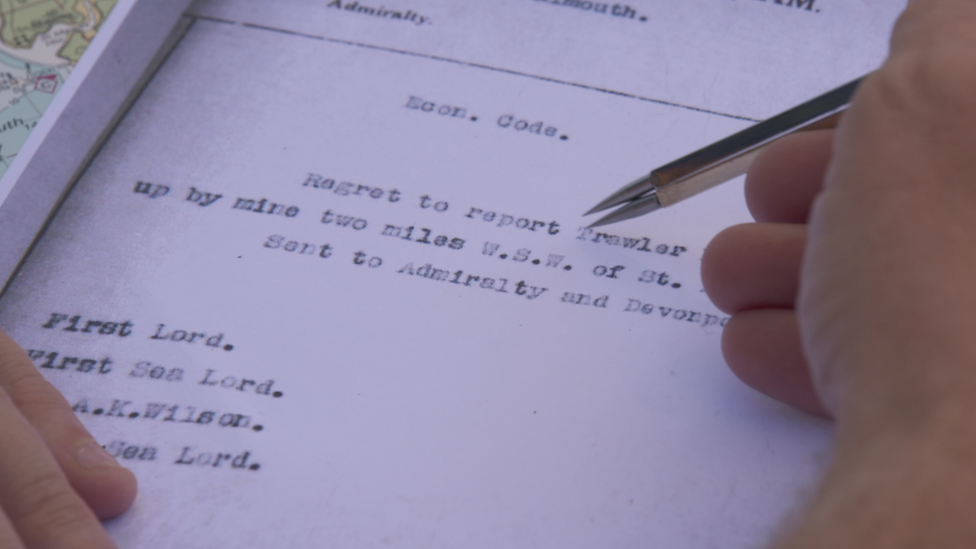
Old war records led to the discovery of the St Ives in Falmouth Bay
In a highly dangerous operation, the crew would throw out a rope to catch the moorings which were holding the mine to the sea floor.
The mine would usually be triggered safely from a distance by rifle fire.
You can see more on this story on BBC Inside Out in the South West at 19:30 GMT on BBC One on Monday 5 November or via iPlayer afterwards.
- Published20 May 2018
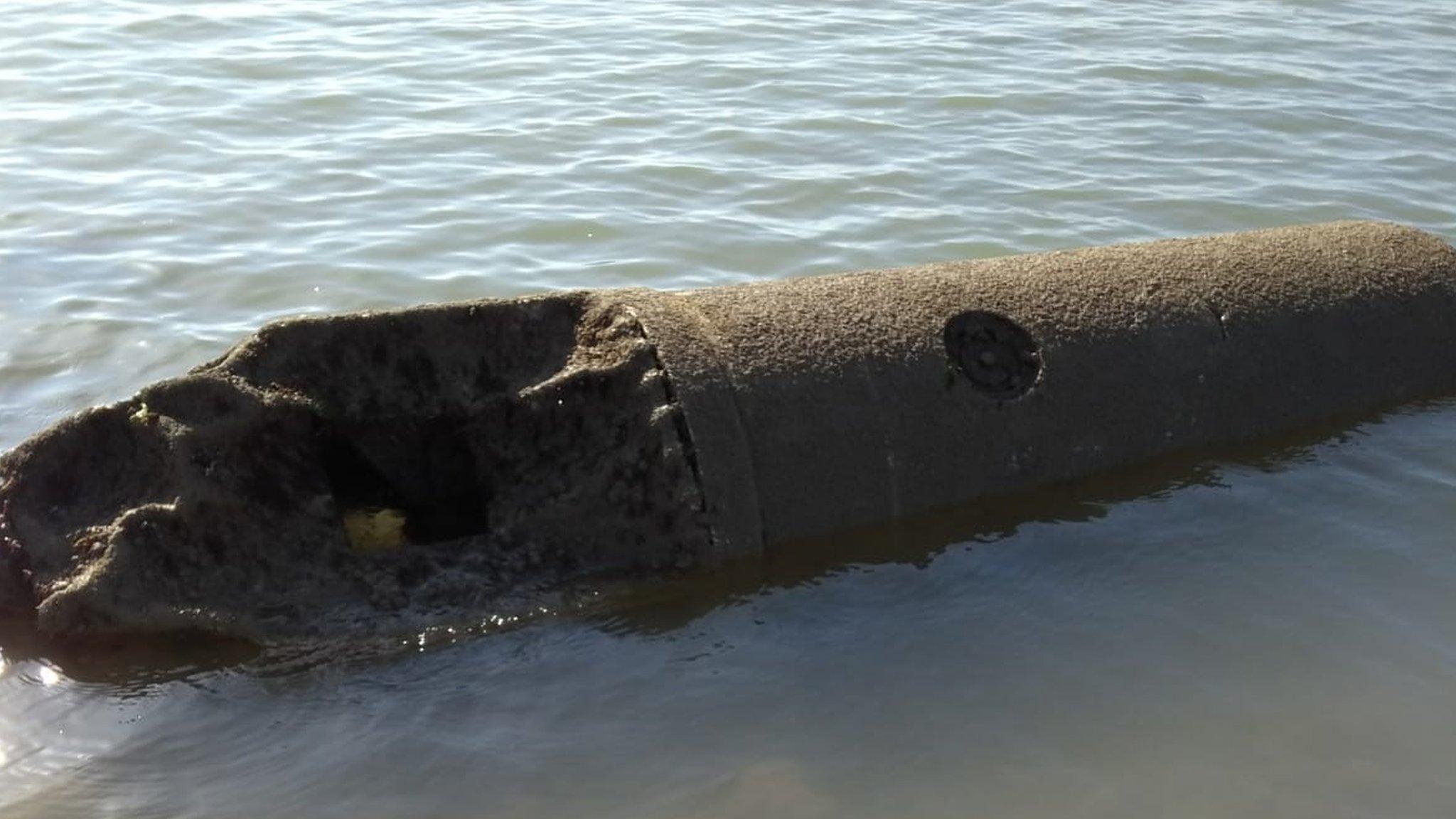
- Published24 August 2016
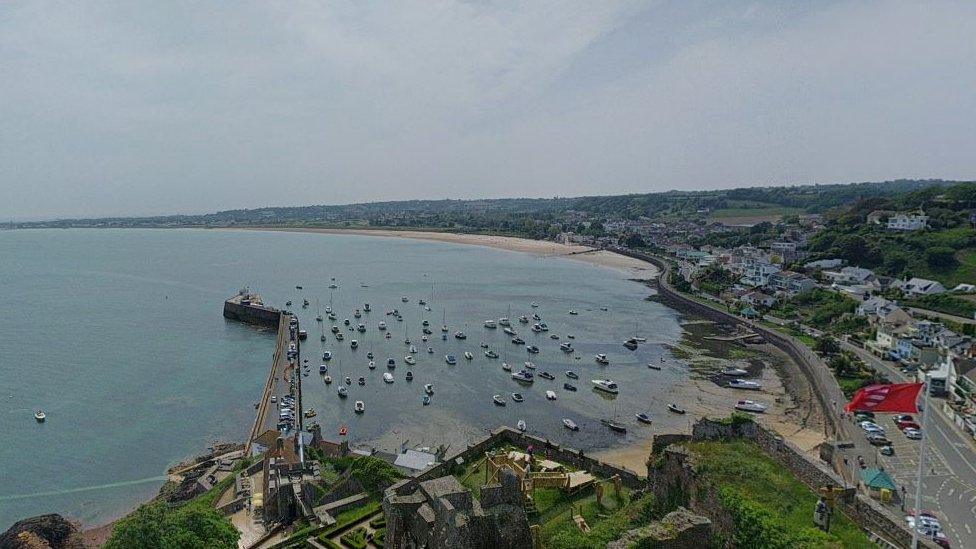
- Published7 June 2015
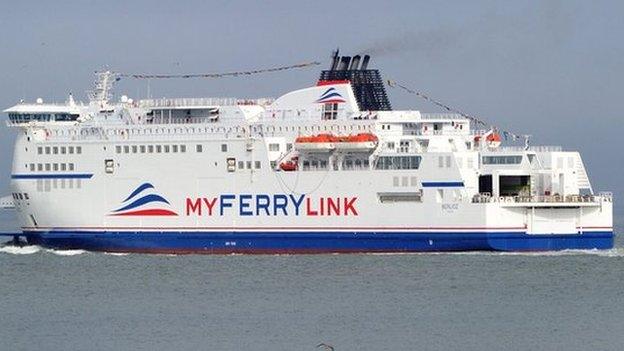
- Published4 October 2014
